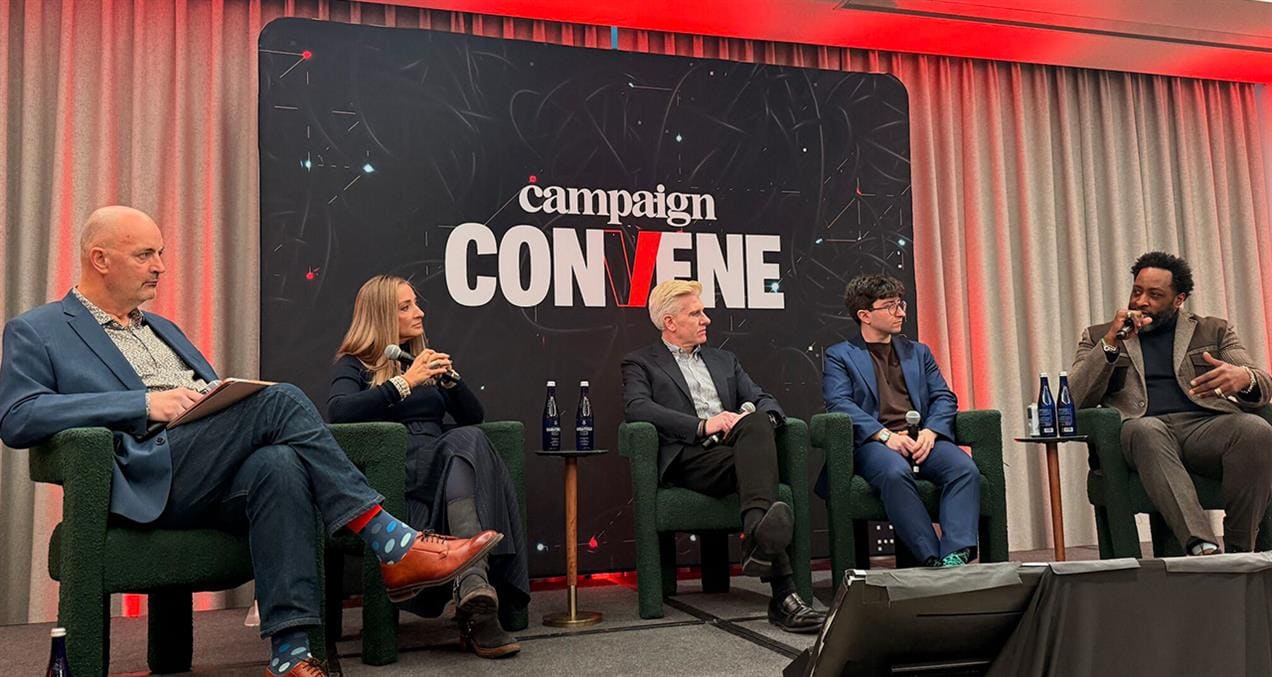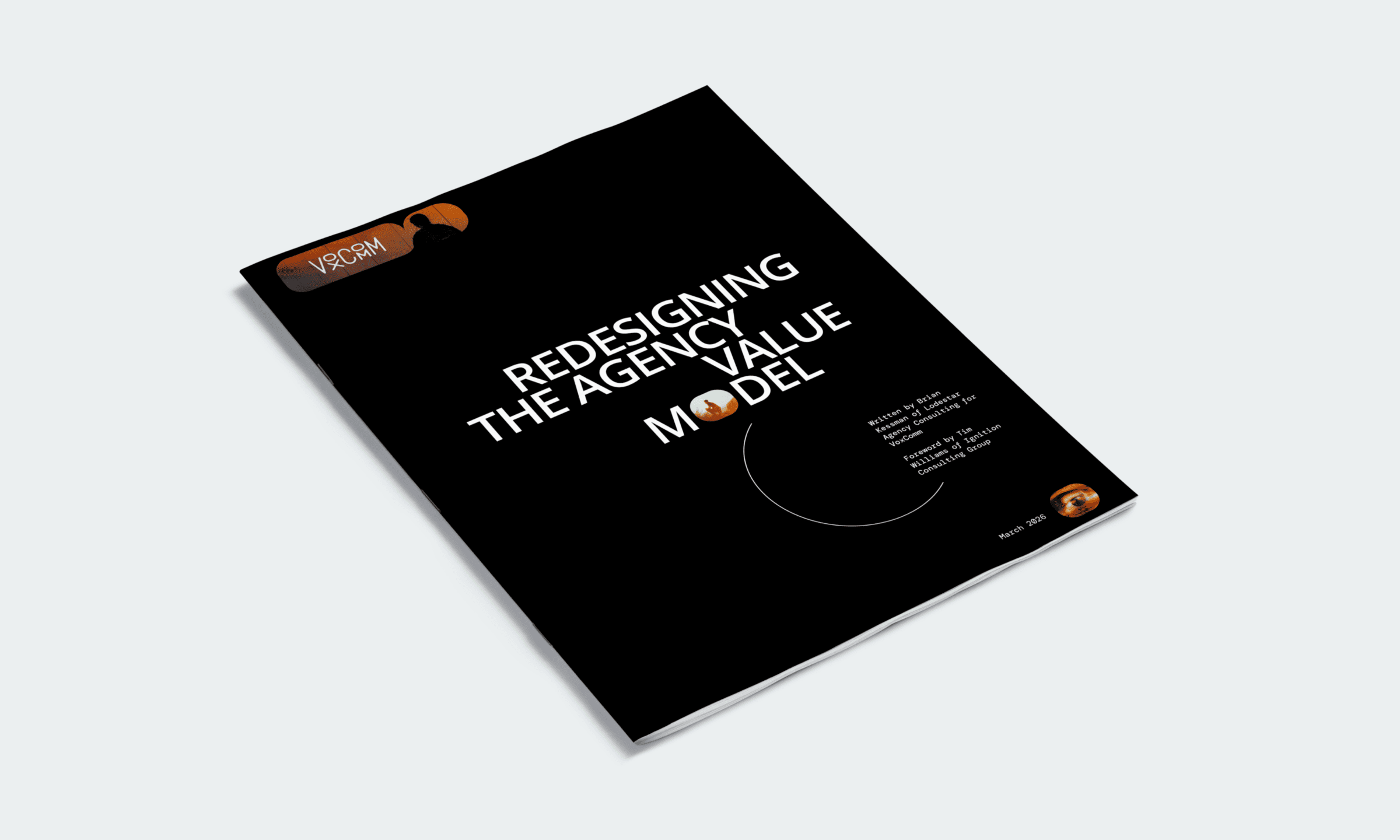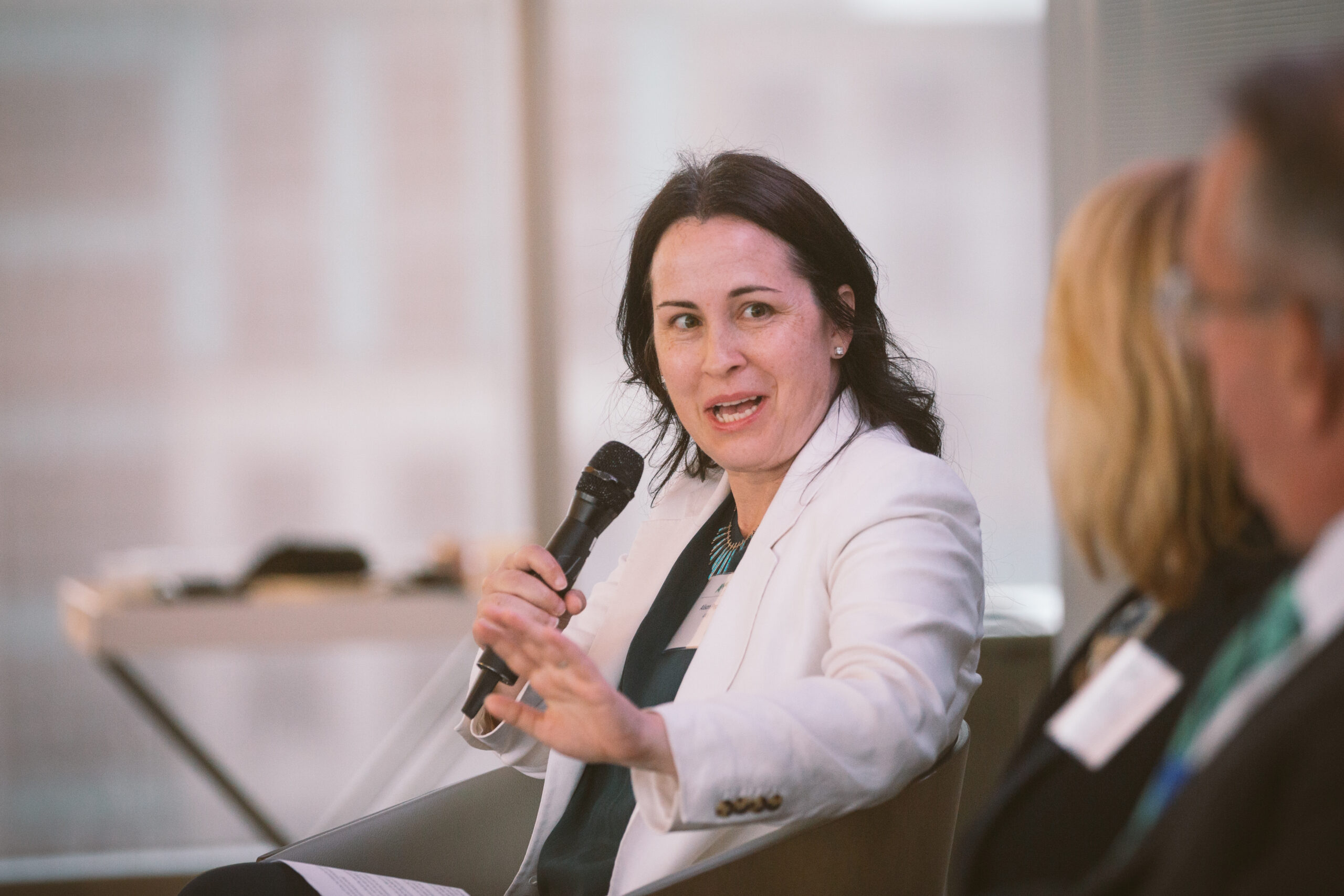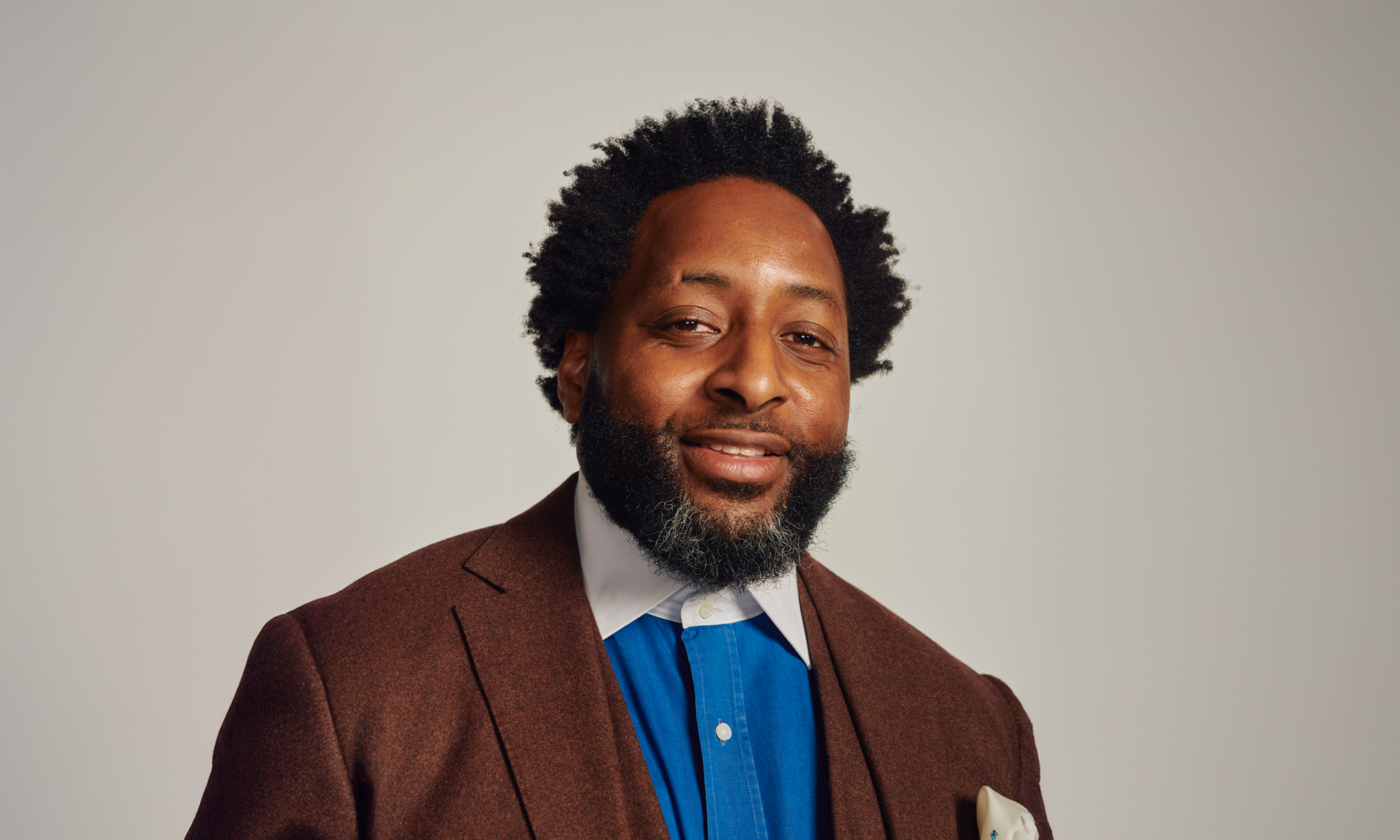Author
Justin Thomas-Copeland
CEO, 4As
Topic
- 4As News
- Agency structure
- Artificial Intelligence
- Digital Advertising
- Future of the Agency
- Future of the Industry
- Technology
Cannes Lions 2025 is here and how AI impacts creativity will again be a dominant topic.
For years, we’ve moved through stages of how we talk about AI at the festival — from the initial awe at its potential to exploring how it could be applied. This year, we can expect that presentations will continue to showcase its power for creative ideation and revolutionary efficiency. The industry’s “store window” will still look dazzling.
But as someone who has spent years leading agencies, and is about to attend Cannes for the first time as CEO of the 4As, passionately advocating for the agency side, my interest now lies firmly in the “house” — the operational reality that underpins the glamour. The key question for Cannes this year: how is AI being applied to help shape the very fabric of our ad agencies?
The fundamental difference with AI versus any other technological disruption we have faced in our industry is it has the capability to impact the core areas of the agency business: insight and intelligence, operations and workflow, creative ideation, production and making, and commercial management. At scale and at speed. WIth autonomous capability.
This is unprecedented in our history.
So, this year, critical conversations must dive deeper. It’s about understanding AI’s practical application, its role in the evolving shape of agency teams. Will these shifts truly lead to better work and a more robust industry or merely deliver on the lowest common denominator of cost reduction?
It’s time for a reality check that empowers, rather than diminishes, our creative future.
The Reality Check
AI is already amplifying human genius, revolutionizing creative ideation and fostering groundbreaking innovation. Yet, for many, AI’s real-world application quietly remains fixated on cost efficiencies and operational savings.
I’ll be listening intently at Cannes for concrete examples, not just grand visions, of AI being used in genuinely value-add ways. Where is the true innovation in agency savings beyond automating mundane tasks? Are we pushing for greatness with these new tools, or subtly settling for “good enough” in the name of easy efficiency? Answers to these questions will reveal our industry’s true trajectory.
The Evolution of Agency Teams
The anticipated impact of AI, particularly on efficiency, inevitably leads to a fundamental question: How are agencies reshaping their teams and structures in response?
We’ve observed clear trends at the holding-company level toward consolidation and team reconstruction often refocused around clients. The critical questions are: Will these changes foster stronger creativity or help drive efficiency? And where will AI enable agencies to do more with less?
Simultaneously, independent agencies are on the rise, often leveraging advanced tools, including AI, to achieve scale and compete. It’s not just about being “smaller.” It’s about being fundamentally built and set up differently, integrating technology strategically. At Cannes, I’ll be interested to discover more of these diverse service models, how they are playing out and what lessons can be gleaned regarding AI-enabled operational fluidity.
This evolution directly impacts talent. It’s no longer just about potentially needing fewer entry-level roles. It’s about the urgent need for a different type of combined, converged skill set. As AI handles routine tasks, the premium shifts to human creativity, strategic thinking and the ability to prompt and direct AI effectively. Cultivating an AI skill set across the board is paramount for upskilling and attracting new talent.
The future of agency teams is not just being leaner. It’s about being rewired for an AI-first era and having the best talent becomes even more important.
Creativity in a Transformed Landscape
If AI and new agency structures are changing the “how,” creativity remains Cannes’ eternal “what.” We’ve seen AI enable truly amazing creative leaps — from hyper-personalized content to rapid ideation. But these leaps are realized because of human ingenuity and strategic direction.
While AI is helping revolutionize creative processes, the question is: Are these powerful new tools genuinely elevating the bar for groundbreaking work, or just creating more polished versions of existing approaches?
More importantly, what are clients buying? Which brands demonstrate an appetite for bold, risk-taking work? The campaigns celebrated at Cannes should serve as proof points for these new models. Understanding the journey that brought work to life will shed light on AI’s real impact on our most precious commodity: original thought. And understanding how agencies and clients are working together in new ways to enable that work is a critical understanding we all need.
The Economic Undercurrents
Beneath the glamour of Cannes, the global economic landscape casts a significant shadow, directly impacting agency operations. This pressure often dictates how much “brain space” leaders dedicate to their future and influences the push towards AI-driven efficiencies and restructured teams.
My focus at Cannes will extend beyond creative showcases to discreet conversations about economic scenarios. I’ll be probing: What do P&Ls look like across sectors? What are the true inputs, influences and constraints affecting financial outlooks? And what’s the current confidence level?
These informal insights into navigating potential softness are invaluable, as they directly inform the industry’s strategic responses, including investment levels in new technologies, models being implemented and the human capital invested in reskilling and upskilling teams who can deliver in this new order.
This macroeconomic environment also presents a critical opportunity for agencies to deepen client partnering. What clients perceive and buy as “valuable” is being rewritten. Proactive agencies must understand this fully by delving into clients’ core business opportunities, challenges and risks. In uncertain times, evolving from service providers to genuine business partners, directly impacting the bottom line, ensures survival and growth. Cannes should foster these business-driving conversations, linking economic pressures to innovative, often AI-enabled, solutions.
A Call for Authenticity and Substance
As the industry converges on Cannes, remember: The true measure of our progress isn’t found in the loudest pronouncements about AI’s potential. It’s in the practical, sustainable changes happening behind the scenes within our agencies.
The challenge for Cannes 2025 is clear: Let’s demand transparency on how AI is actually impacting our people, our profitability and, most critically, the quality of our creativity. Let’s hope Cannes can be a catalyst for open conversations and learning together, as an industry. We don’t need one or two wins. The industry needs to win as a whole.
The future of advertising isn’t just about the next shiny tool or aggressive consolidation. It’s about the genuine transformation of our businesses and how we nurture the talent and culture within them. Those two critical elements will remain at the heart of the industry’s health.
This year, the theme of Cannes is “Your Moment Is Now” and it does feel like the moment to have real conversation and seek authentic answers that will truly shape the path forward for us all.
Related Posts


03/02/2026
VoxComm Calls on Agencies to Redesign Their Value Models for the AI Era



